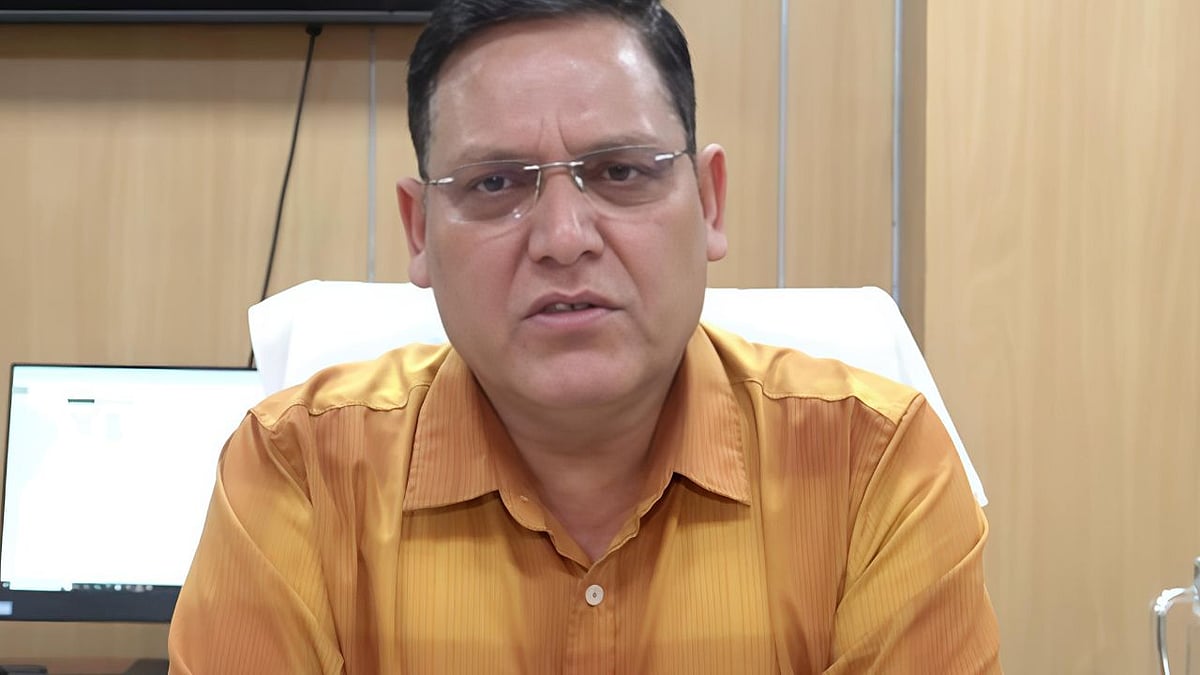Mumbai: Over 14,000 men fraudulently enrolled in the Maharashtra government's Ladki Bahin Yojana, which offers ₹1,500 monthly to low-income women, resulting in a loss of ₹21.44 crore over ten months. The scheme, launched to support women aged 21 to 65, significantly contributed to the Mahayuti coalition's electoral success but has faced financial criticism due to its burden on state finances. The women and child development department's scrutiny revealed that 14,298 men misrepresented their identities to receive funds, leading to the suspension of their payments.
Currently, the state is spending ₹3,700 crore to support 24.1 million beneficiaries under the Ladki Bahin Yojana. The department's report indicates that the state lost ₹1,640 crore in the past year, with around 500,000 ineligible beneficiaries identified, including women from families with four-wheelers and those over the eligible age limit. Moreover, approximately 797,000 cases were reported where women were third family members benefitting from the scheme, resulting in an additional expenditure of ₹1,196 crore.
Also Watch:
Officials acknowledged the shocking number of ineligible beneficiaries, attributing it to the online application process, and emphasized the need for physical scrutiny to prevent fraud. The department is collaborating with the income tax department to confirm income eligibility, as only women with an annual income of up to ₹2.5 lakh qualify for the scheme.
As a measure of accountability, compensatory actions will target fraudulent beneficiaries. Minister Aditi Tatkare confirmed that payments to 26.34 lakh ineligible beneficiaries have been temporarily suspended while eligibility is verified by district collectors.

The Ladki Bahin scheme, launched in August 2024 amid elections, will resume benefits for eligible applicants after verification, but stricter measures will be adopted against those who misled the government.
Deputy Chief Minister Ajit Pawar reinforced that the scheme is intended solely for women, stating that funds will be recovered from the ineligible male beneficiaries and underscoring the government's commitment to fraud elimination.









